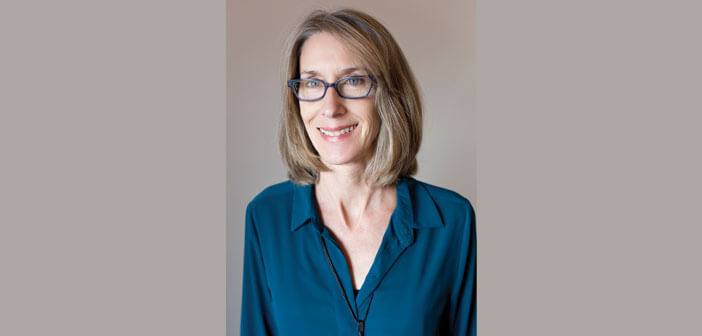River City Six: Julie Diegel
The Nebraska Recycling Council (www.nrcne.org) is a statewide, member-based organization that facilitates partnerships within and between communities to create a systems approach to resource recovery. Julie Diegel is the Executive Director of the Nebraska Recycling Council.
Tell us a little about your business.
The Nebraska Recycling Council is a ‘new’ nonprofit organization with a long and storied history. The Nebraska State Recycling Association and WasteCap Nebraska merged in March 2017 to become a stronger, more comprehensive and inclusive organization supporting resource recovery systems in Nebraska. We provide consultation and training, recycling equipment grants, and educational opportunities for communities, service providers and businesses. Our mission is to maximize the economic and environmental benefits of resource recovery in Nebraska.
How did you get started in the business?
The protection and restoration of the earth’s natural systems has been a lifelong value of mine. In 2009, I was attending a sustainability workshop and ran into the former executive director of WasteCap Nebraska. She was looking for an employee to manage a recycling program, and I was looking for meaningful work, so joined the team. After working at WasteCap for several years, I worked for Senator Ken Haar during his last year with the Nebraska Legislature, then was hired on with the Nebraska State Recycling Association in 2016. We immediately began merger discussions with WasteCap, and a mere 6 months later, it was completed.
What is the biggest challenge you’ve faced professionally?
Change is always difficult, and I am a change agent. My approach is to imagine the ideal future and start working toward it, rather than fix what’s wrong in the present. The biggest challenge is to communicate one’s vision in a way that paints a clear picture for others.
What has been your most important achievement professionally?
One of my best achievements was to change University Place Art Center in Lincoln to Lux Center for the Arts. I can’t take most of the credit, because the development of ideas that ultimately changed the face of the organization came from many (mostly staff) people, and evolved through arguments, sweat, frustration, and a leap of faith. It resulted in turning the Lux into an important visual arts center in Lincoln and beyond.
Tell us a little about your family.
I have been married to Richard for 36 years. We have two grown children, Chloe and Noah, and three granddaughters. We live in a straw bale house on our daughter’s farm near Lincoln.
What do you see as one of the biggest turning points in your life?
Certainly the birth of my children, but also the untimely death of my father. Both touched the deepest core of my being.
What is your favorite thing to do on a day off?
On an average day off that’s not a vacation, I like to walk around the farm and interact with nature or play outside with the grandkids. I really love hiking in the mountains, but don’t get there often enough.
What is the most unique or interesting thing about you that most people probably don’t know?
I had a landscaping business called Frog’s Leap.
If you could have a super power, what would it be?
To put CO2 levels back to pre-industrial levels so the earth’s climatic system could stabilize while we create a low-carbon economy.
Which talent would you most like to have?
To play a guitar or banjo.
If you could choose any other profession to be successful in, what would it be?
Architecture.
If our readers would like to contact you, how should they do so?
Email: jdiegel@nrcne.org; Website: www.nrcne.org.

